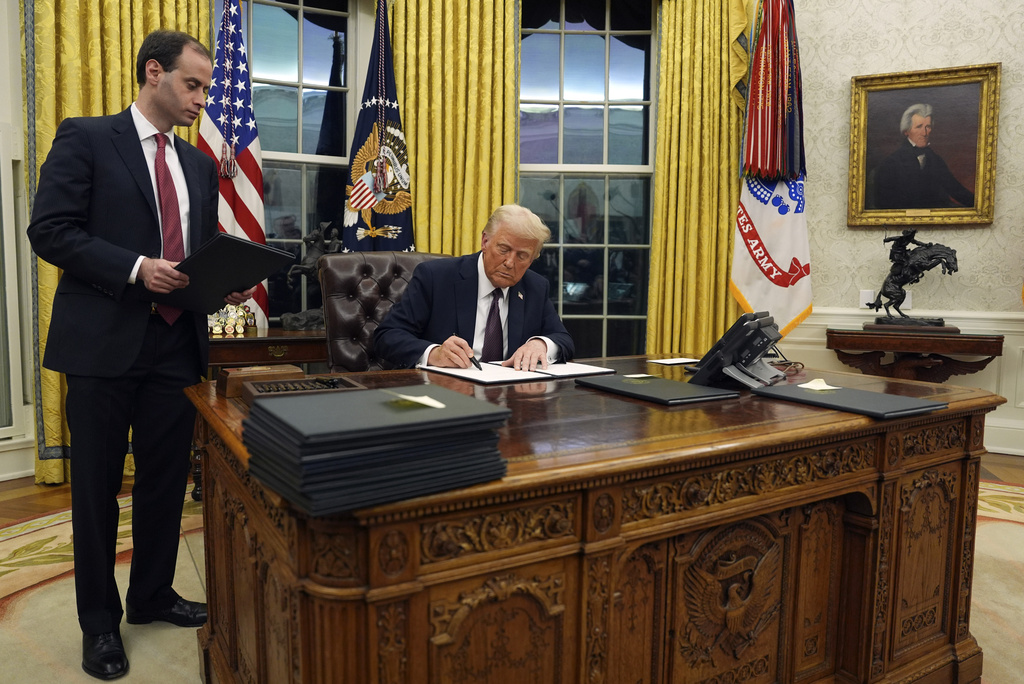The justices, without comment, turned away an appeal from Mississippi residents who have completed their sentences, but who have been unable to regain their right to vote.
The court's action let stand a ruling by the full 5th U.S. Circuit Court of Appeals that rejected the claim that permanent loss of voting rights amounted to cruel and unusual punishment in violation of the Constitution. Mississippi legislators, not the courts, must decide whether to change the laws, the 5th circuit said.
Using different legal arguments, lawyers failed to get the Supreme Court to take up the felon disenfranchisement issue in 2023, over a dissent from Justice Ketanji Brown Jackson that was joined by Justice Sonia Sotomayor.
Lawyers arguing to overturn the restrictions attempted to tie those restrictions to racist attitudes. But the state responded that the Supreme Court has previously made clear that states may refuse to deny the right to vote to people convicted of felonies.
To regain voting rights in Mississippi, a person convicted of a disenfranchising crime must receive a governor’s pardon or win permission from two-thirds of the state House and Senate. In recent years, legislators have restored voting rights for only a few people.







